|
Podcast merch!
Listen and subscribe: RSS FEED ITUNES Soundcloud Stitcher Spotify If the episodes below don't load, turn off your ad blocker. |
|
This episode contains expanded musings on VO2max and FTP training and progression, based on the years of feedback since the VO2max series debuted. We talk about whether or not you need to work in blocks, ways to determine the effects, interval durations, whether to start hard or not, recovery timelines, and more. We also answer your listener questions on time in zone, breathing, periodization, high cadence, testing, and more.
0 Comments
This is a conversation between Kolie and epidemiologist Dr. Traci Carson, RDN and cycling coach Dr. Namrita Brooke, and MD and cycling coach Dr. Fabiano Araujo, in light of the Kristen Faulkner disqualification at Strade Bianche for wearing a continuous glucose monitor. We look at topics of whether CGMs actually confer a performance advantage, where their true utility lies, their shortcomings, thoughts on the UCI rules and Faulkner's DQ and the role of a team or dietitian, and health issues surrounding endurance athletes like RED-S and LEA.
Show Notes Traci Carson Namrita Brooke Fabiano Araujo Rouleur article The Use of Continuous Glucose Monitors in Sport Periodized Nutrition by Prediction of Glycemic Responses
Master coach and WKO5 product leader Tim Cusick joins the podcast to get his brain thoroughly picked. Training topics include the biggest differences between average cyclists and the top pros, the usual periodization schemes vs Olympic cycles, the evolutionary process of a training plan, expertise vs mastery, and of course, resting.
Data topics include whether we'll ever get the AI coach in our lifetimes and what it might do when it's here, what WKO5 is and isn't, the secrets of the PD model and mFTP, the PMC, TSS, training impact score, and the value of lab testing. Tim also answers listener questions about how he prescribes training targets, low cadence training, youth development, and advice to get the most out of a coaching relationship. Show Notes [email protected] Tim Cusick's CV
To celebrate 400,000 podcast listens, we answer your questions submitted in the Empirical Cycling Instagram stories. We discuss high and low volume training and progressive overload, 3 things every cyclist should do, low CHO training, FRC for mountain bikers, supplements for athletes, our best non-empirical cycling advice, and much more. The full questions list is available on the website.
Show Notes If everything boils down to volume then why do I want to end endurance rides higher than I started with? Vs going harder than I should for the time. And finishing weak at the end. Time on the bike would be the same because the route gets decided before walking out the door. E.g. intervals or group ride then endurance riding. Listened to the Rich Roll Norwegian tri pod? Thoughts? Are you their coach with the pen name? How true is it that fasted training “teaches your body to use more fats”? What’s the connection between a long anaerobic effort (>60”) and the use of oxygen in vo2max Track sprint: any value in double days (gym morning, track evening) for general adaptation? Generally not? 1 change that mr lockwood made to get better No question, just looking forward to the 420.60k ama Block or linear periodization pros and cons? It’s ok to split z2 work time in two when short on time… same with tempo/sst/threshold? <5h a week to ride, what to do More mitochondria and larger surface area are two different adaptations? Favorite watch? Is it a seiko? When you talk about 30h/wk cycling, can that be replaced by other sports? How do pros progressively overload? They are already at max volume? Would you rather: sprints 3x/week before a crit or set next ftp block with ramp test? Name 3 things that every cyclist should do Congrats! What would you do differently if you had to start the podcast over? After 400k listens you have a good idea of questions asked. Your best training advice to us? How much more focus would you give FRC work for a mountain biker vs roadie? Yes or no: American road cycling is dead Agree/disagree: if you’re not a competitive power lifter, stay away from straight bar deadlifts What is meant by “hitting my openers” in cycling? Who you got beef with in the coaching world? & research world? Hot take: surges only suck when you’re not a sprinty boy or gal? What something you are constantly questioning about your own training methods What’s your sports science/coaching holy grail you wish you could figure out before you die? What can negative decoupling during an endurance ride mean? Time for you and Kyle to bring on athletic greens. It’s not selling out, topics can get more geeky Inigo and Rx of intervals after z2 being optimal. Fact, fiction, or just optimal for race specificity After A event how many weeks off the bike before getting back into things. Motivation is high! Thoughts on low CHO aerobic training accentuating pgc1a translocation and activation? BFR for aerobic adaptations? some research coming out with increased vo2max Your top 5 contributors to exercise phys research? Can be applied, mechanistic, etc No question but thanks for shaming me into resting and riding easy What is your best non-empirical cycling advice? Is there any point to protein supplements for endurance athletes with balanced diets? Bonus Track: Kyle explains Poynting vectors!
The interviewer becomes the interviewed as the host of That Triathlon Show joins Kolie. Mikael talks about what he takes from all the interviews he does and how they change his approach, multisport training and periodization, podcasting, pacing, and what Mikael's favorite meme is. He also answers your listener questions.
Show Notes That Triathlon Show Mikael's Instagram Scientific Triathlon Instagram Article: Why Facts Don't Change Our Minds
Think your FTP is the power you can hold for 60 minutes? Think again! We dig into a classic Billat paper on time to exhaustion (TTE) and training threshold by adding time in zone. Then we discuss into the metabolic implications of these results, how they align with real world experience, and how this affects training and assessment of its effectiveness. Finally, we answer your questions as asked in Kolie's Instagram stories @empiricalcycling.
Show Notes Billat TTE paper on masters runners Introduction to TTE in WKO5
Marinus Petersen of Kilowatt Coaching and graduate of Loughborough University joins us in this episode to discuss a recent paper on bias in research, but it of course evolves into much more. We discuss the line between scientific research and real world experience and the usual suspects in a conversation between coaches including lactate, critical power, warmups, and more.
Show Notes Kilowatt Coaching's Instagram Marinus Petersen's Instagram The Bias for Statistical Significance in Sport and Exercise Medicine Over 55 years of critical power: Fact or artifact?
Multidiscipline coach and former MMA fighter Matt DesRoches of Resilience Health & Performance Consulting joins Kolie for a wide ranging conversation on training, measurement and metrics, cutting weight, the physiology of cycling vs team sports, recovery and adaptation, pacing, interpreting scientific papers, noob gains, and much more.
Show Notes https://www.resiliencehpc.ca/ Resilience HPC Instagram Resilience HPC youtube channel
Kolie and Kyle discuss the mental and physical aspects of going into an FTP test and add some perspective on nerves, rest, and softening blows to the ego. Then three alternative RPE or data based, submaximal methods are discussed. We also touch on tests that go too well and how to adjust to realistic numbers for training, and why it's better to be consistent than play whack-a-mole with occasional good days.
Kolie makes his case that power meters are rendering lactate testing obsolete for most cyclists. After some background about lactate and why lactate testing was (and still is) historically crucial for science, we compare lactate test values in ramp and MLSS tests between individuals from an excellent but under-appreciated study. We also dig deep into more recent data, from the lactate test of a former world champion and Kolie's own surprising MLSS test, and the physiology explaining these results. We conclude with practical considerations about what threshold means, and why power meters are our best way to measure it.
Show Notes Justification of the 4mmol/L lactate threshold Lactate kinetics in human tissues at rest and during exercise (contains figure from episode cover art) The maximal metabolic steady state: redefining the 'gold standard' Alterations of the lactic acid content of the blood as a result of light exercise, and associated changes in the CO2 -combining power of the blood and in the alveolar CO2 pressure (Owles paper) Lactate kinetics and individual anaerobic threshold |
Archives
July 2024
Categories
All
|

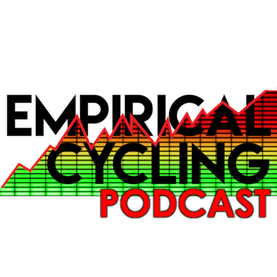
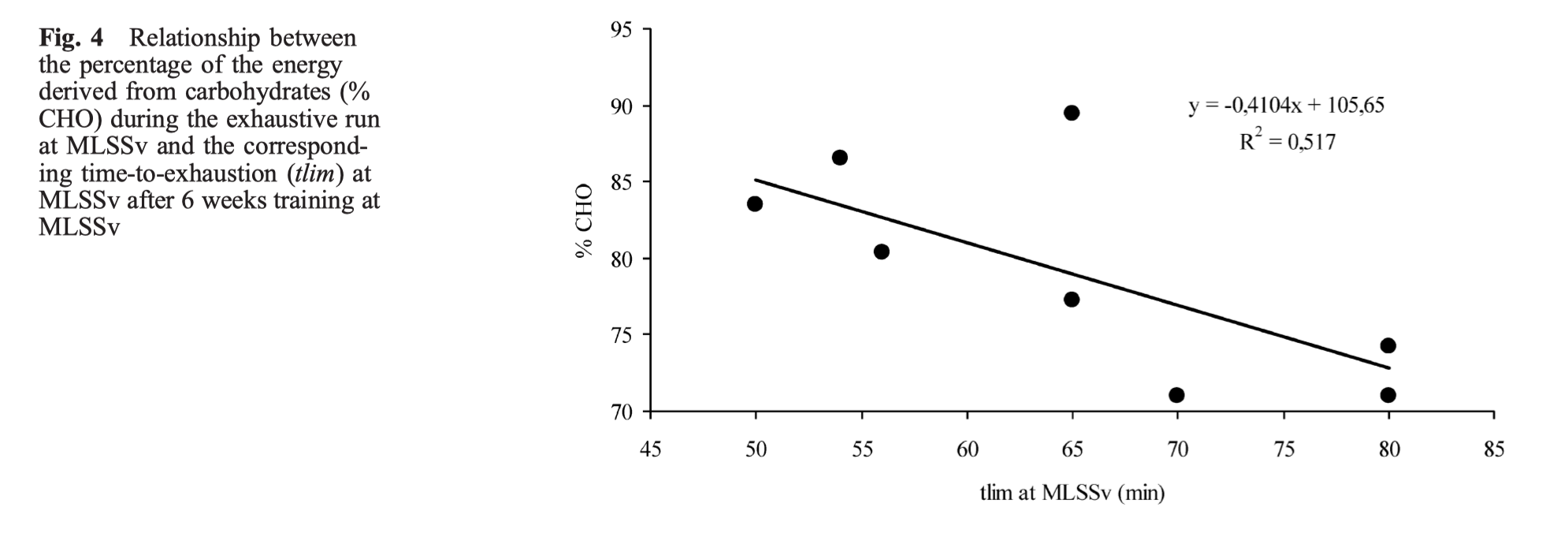
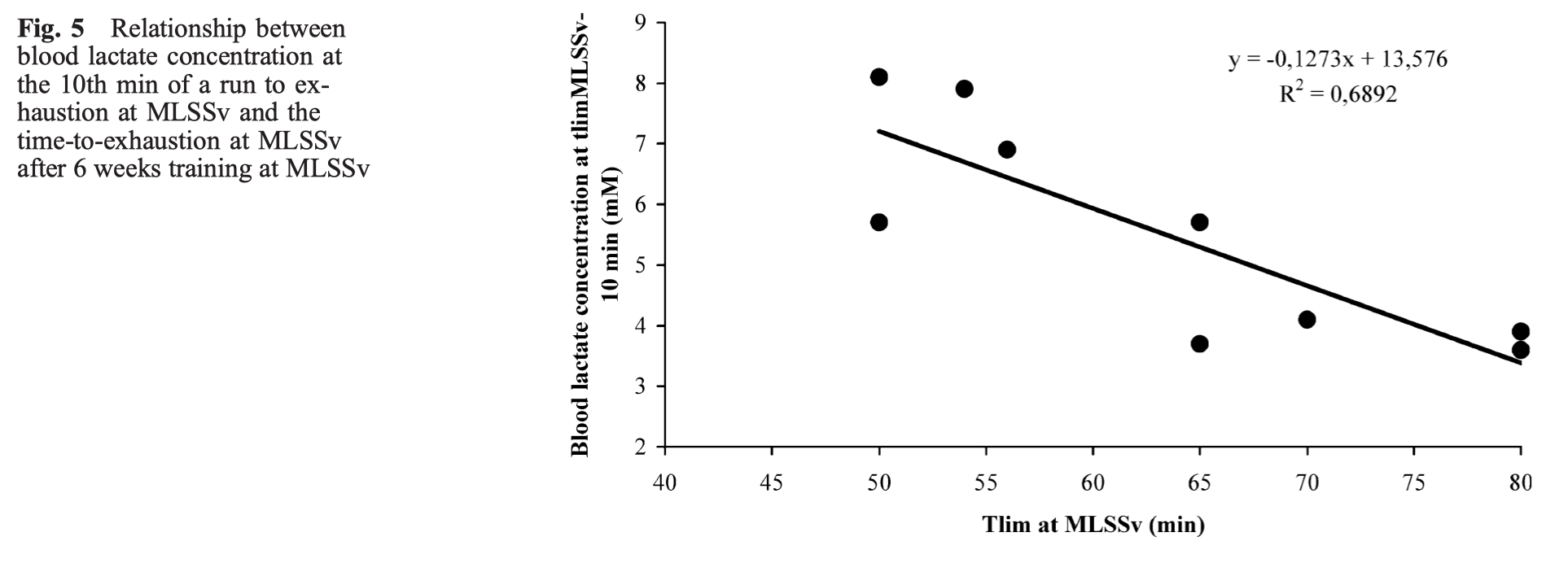
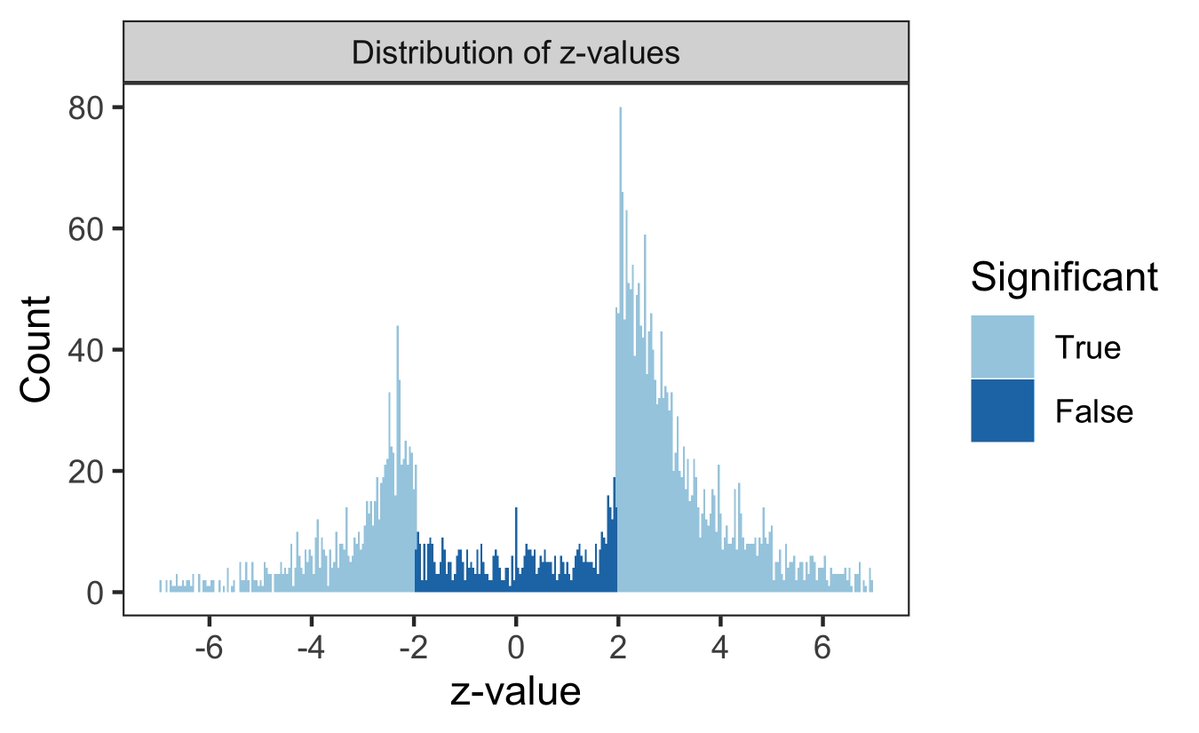
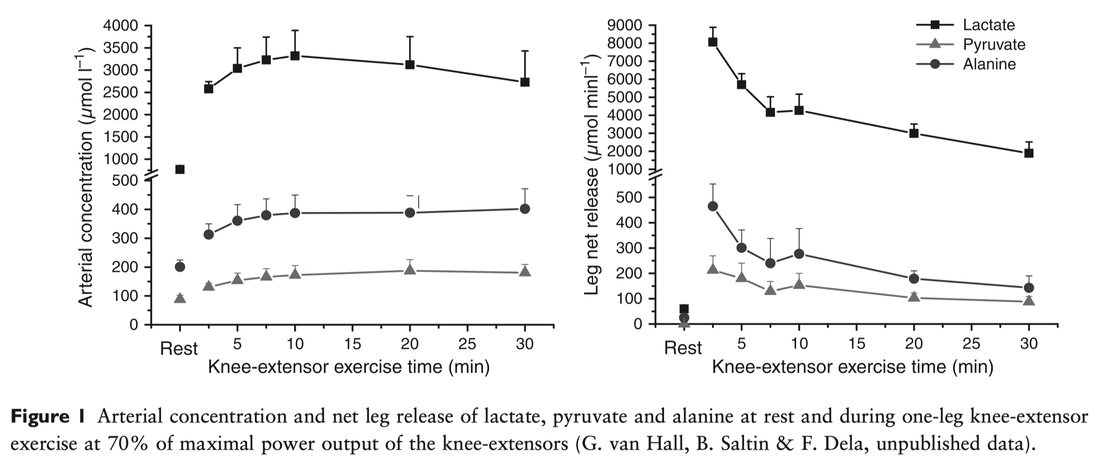
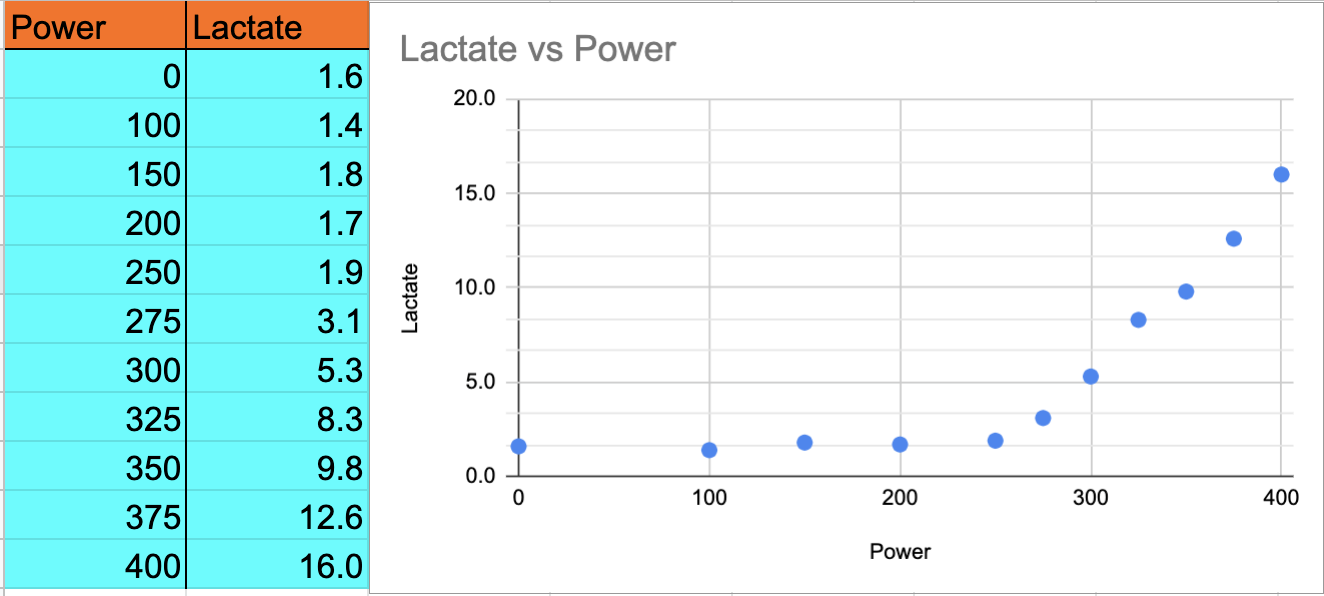
 RSS Feed
RSS Feed